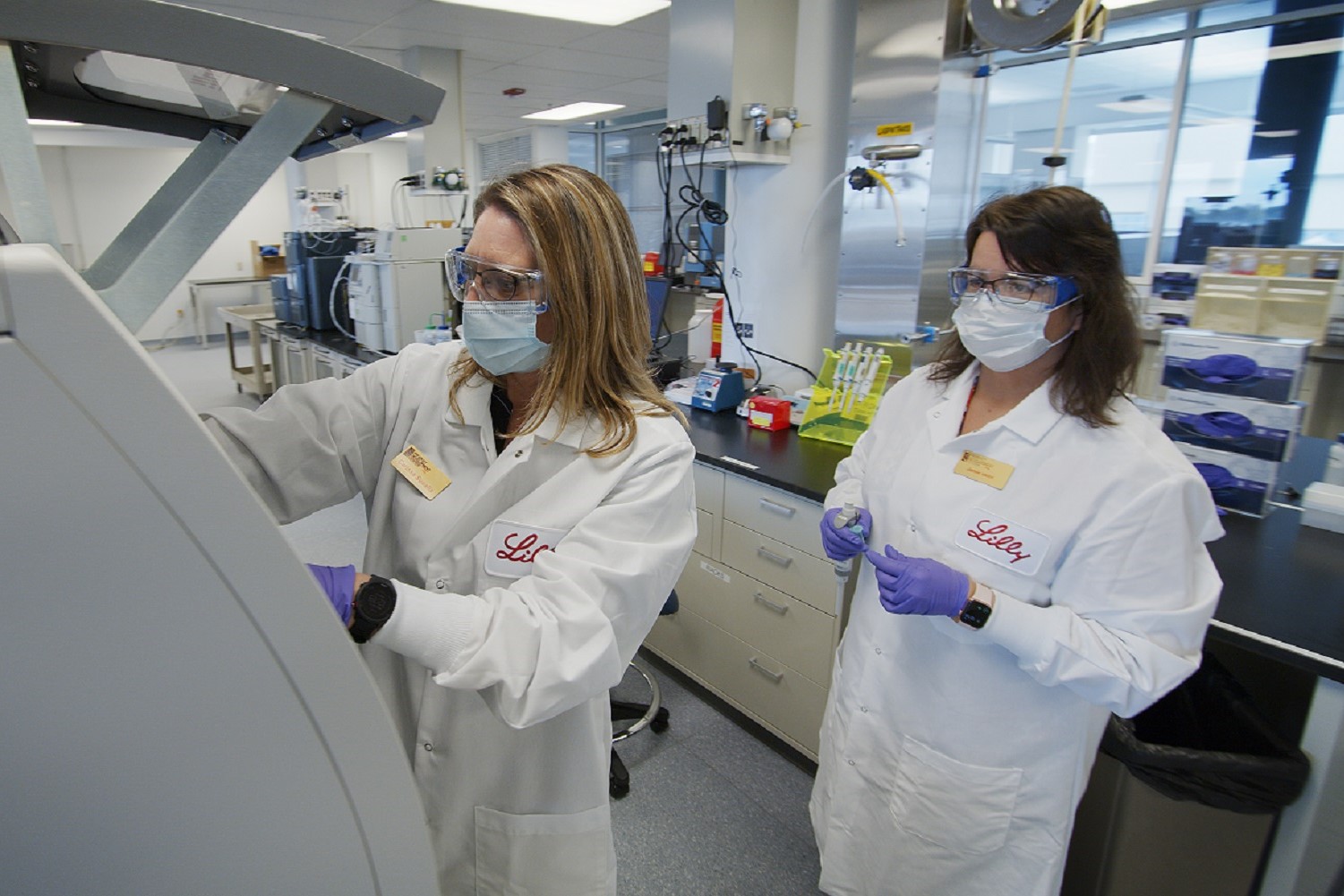The pressure to hit financial bottom lines swell as companies grow. That’s simple fact. Higher revenues are critical to sustain ever-acquisitive companies – which is why we must question what to expect down the road from the $160 billion Pfizer-Allergan merger.
There’s been a general consensus that the merger represents the pinnacle of greed in the pharmaceutical industry. But what, besides the tax inversion, is rubbing us the wrong way? Here’s one aspect: That the companies’ cheating and corruption – particularly in terms of marketing – is part of its “corporate DNA.”
That’s according to Forbes contributor Erika Kelton, a whistleblower attorney and partner at Phillips & Cohen LLP, who outlined the costly history of both Pfizer and Allergan’s corporate wrist slaps for sub-ethical behavior. She writes that Pfizer, in particular, “distinguishes itself with its brazen hypocrisy.”

With the Rise of AI, What IP Disputes in Healthcare Are Likely to Emerge?
Munck Wilson Mandala Partner Greg Howison shared his perspective on some of the legal ramifications around AI, IP, connected devices and the data they generate, in response to emailed questions.
Such behavior is, without question, rampant in the pharmaceutical industry. The thing is, as The Motley Fool points out:
A successful acquisition-driven growth strategy ultimately sows the seeds of its failure, as the acquiring company is forced to pursue larger and larger targets to sustain it. At some point, the size imperative crowds out other considerations in evaluating potential transactions. In other words, size matters…too much. That was the case with the $68 billion acquisition of Wyeth in 2009, and history is at risk of repeating itself with this latest deal.
One way to drum up revenue for a drug – which is imperative after mega-mergers – could be the promotion of off-label use. Marketing is everything. And these companies have a poor history of drug promotion – so what’s stopping them from future decisions in this vein? This a factor that must be considered as this deal pushes through.
The two companies have paid some $4.5 billion to settle government healthcare fraud allegations in the U.S. – with another $1 billion to settle consumer related actions, Kelton says:
Add to that the six criminal pleas and four corporate integrity agreements that the companies and their predecessor subsidiaries have agreed to, and one might question whether cheating and corruption are part of their “corporate DNA.”
When levying the heaviest of fines on Pfizer, $2.3 billion for its illegally marketed drug Bextra, the prosecution said: “Among the factors we considered in calibrating this severe punishment was Pfizer’s recidivism.“
Such potentially criminal activities in the past decade are another reason why this merger between two pharma behemoths just isn’t in the public’s interest, she says. Here are some of the bigger deals Kelton highlighted – in which some of the suspect activity comes from the companies Pfizer or Allergan acquired:
- Pfizer/Parke Davis/Warner Lambert – $430 million settlement and a criminal plea (2004): Pfizer subsidiary Warner Lambert fraudulently promoted its drug, Neurontin, for off-label use.
- Pfizer/Pharmacia & Upjohn Co. – $2.3 billion and a criminal plea (2009): As mentioned above, this fine – the largest healthcare fraud case of all time – was for the improper mareting of Bextra.
- Allergan – $600 million and a criminal plea (2000): A federal probe of Allergan’s marketing practices of Botox. Ironically, news of the settlement caused Allergan’s stock to rise.
- (Allergan/Actavis) Forest Labs – $313 million and a criminal plea (2009): Forest Labs, acquired last year by Allergan, had wrongfully marketed antidepressants – employing physician kickbacks – and promoted an unapproved thyroid drug.
- Pfizer/Wyeth Pharmaceuticals – $491 million settlement (2013): Illegally marketing kidney transplant drug Rapamune.
- Allergan/Warner Chilcott – $125 million and a criminal plea (2015): The former president of Allergan subsidiary Warner Chilcott pled guilty for conspiring to pay kickbacks to physicians for prescribing their drugs.
These actions are recent. There’s no reason to believe they won’t continue.
[Photo credit: Getty Images]














